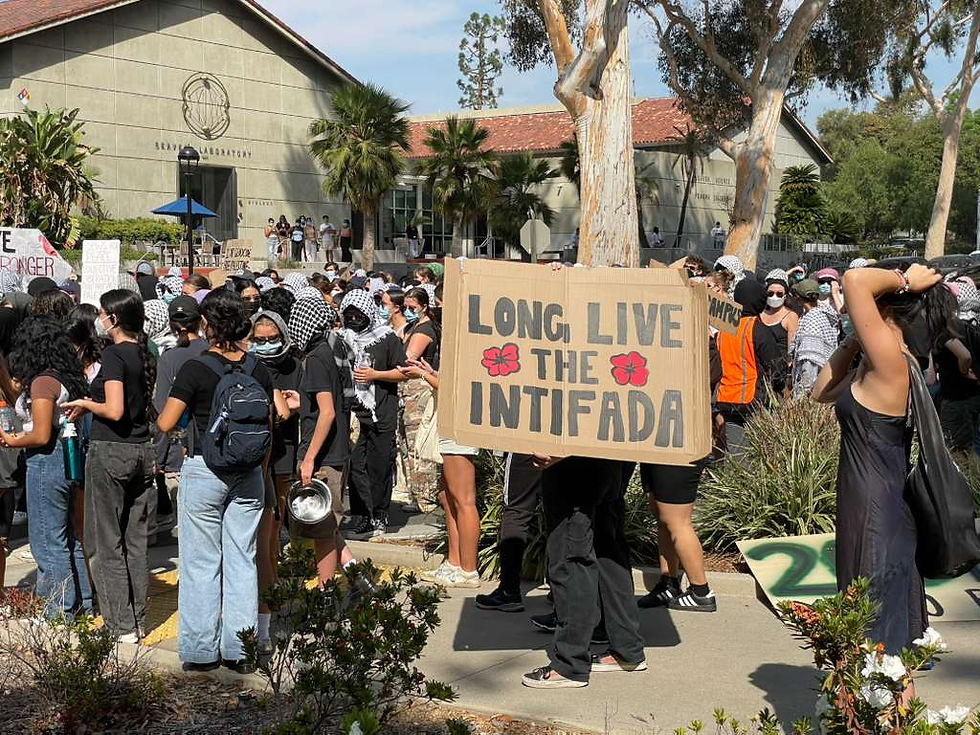Claremont McKenna College Goes Online for Fall 2020
- The Claremont Independent

- Jul 24, 2020
- 2 min read
After developing comprehensive plans to reopen campus in the fall, Claremont McKenna College (CMC) President Hiram Chodosh announced that classes will be held fully online. According to the email, CMC’s online curriculum will be an “immersive, personalized, advanced learning and leadership experience.” All aspects of a normal educational experience, including science labs, will be held at home. A day before they were officially notified, students received an email stating that CMC was hoping to finalize its announcement towards the end of the day once Governor Gavin Newsom released a statement of guidance for California institutions.
“Given the recent, substantial increases in COVID-19 infection, hospitalization, and death rates in California and Los Angeles County and, even more decisively, the absence of necessary state and county authorization for residential, in-person higher education programs to reopen, we will not be allowed to resume on-campus learning in the fall,” Chodosh wrote.
In early July, President Hiram Chodosh notified students of plans to reopen the College depending on “both the announcement of L.A. County Public Health guidelines that allow an on-campus program and a favorable, independent assessment of our health and safety capabilities.” In preparation for a potential on-campus semester, students had participated in the housing process and selected rooms.
As COVID cases continue to increase throughout Los Angeles and the United States, the L.A. Unified School District will be fully online. In March, LA County issued a “Safer at Home” order that discouraged residents from leaving their homes for nonessential reasons. California is currently in reopening phase two (out of four), which permits lower-risk workplaces to reopen.
Chodosh also highlighted the advantages of online learning, listing possible changes to the curriculum:
“Double down on what CMC does best. Problem-based learning opportunities. New, topical courses. Smaller, personalized classes. Tutorials with faculty. Immersive, basic and applied research projects. Science labs at home. Expanded opportunities at institutes, centers, and labs. Industry partnerships. One-on-one mentorship. Personal support in writing and quantitative skills. Team teaching. Guest speakers from academia and the worlds of government, industry, and social change. Expanded alumni engagement. Informal virtual gatherings, office hours, and collaborative sessions to foster close social connections.”
There will also be increased financial assistance for students, including for technology:
“Increased financial aid to mitigate COVID-19 impacts on students and families. Need-based monetary allowances for housing and meals. No increase in tuition. Continuity of all matriculation policies, including those on transfer credits. Significant investments in technology and advanced instructional design. Responsible limits on hiring, salaries, and spending; targeted budget cuts and other mitigation efforts.”
Other members of the Claremont Colleges, a group of liberal arts colleges sharing the same campus, had already decided to move all courses online. Pomona College, Scripps College, and Pitzer College will be fully online, and Harvey Mudd College has yet to announce a final decision. The University of Southern California announced that most undergraduate courses will be held online this fall and is urging first-year international students not to come to the United States.
Update: This article has been updated to include additional information from Chodosh’s email.
.png)



Comments